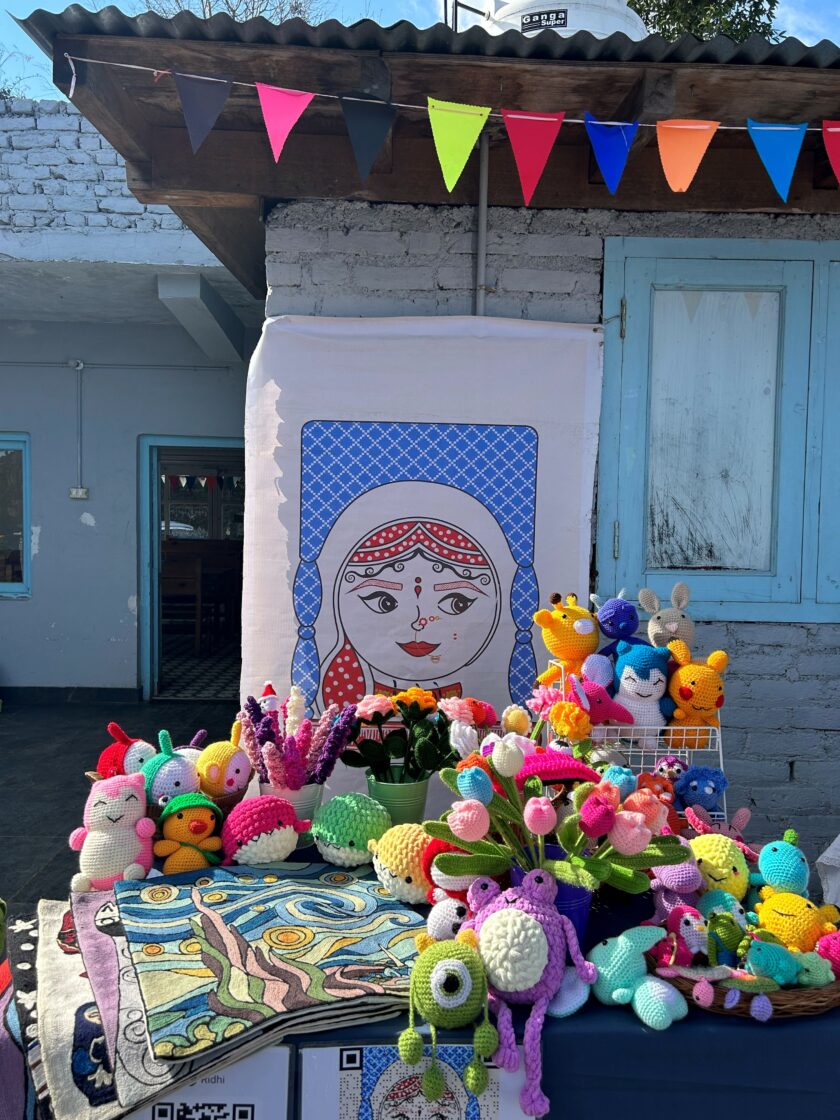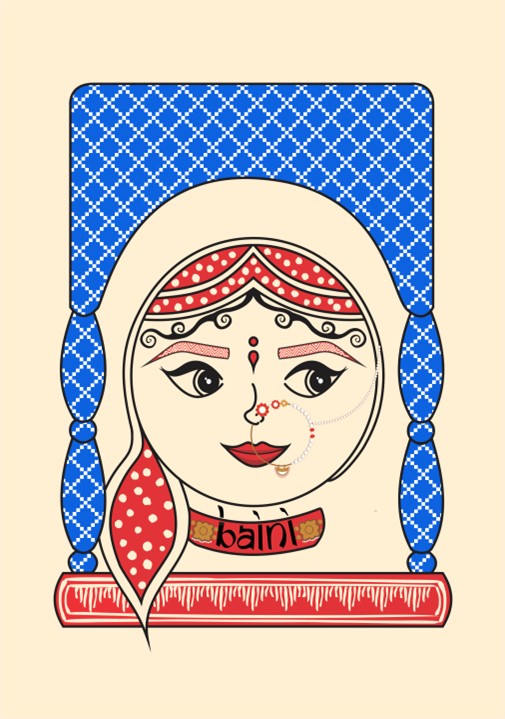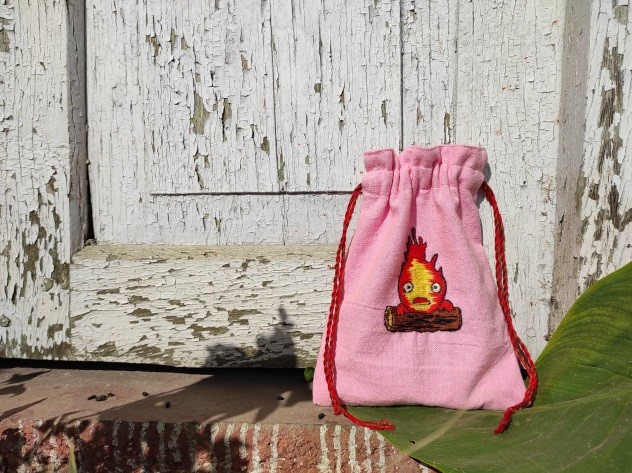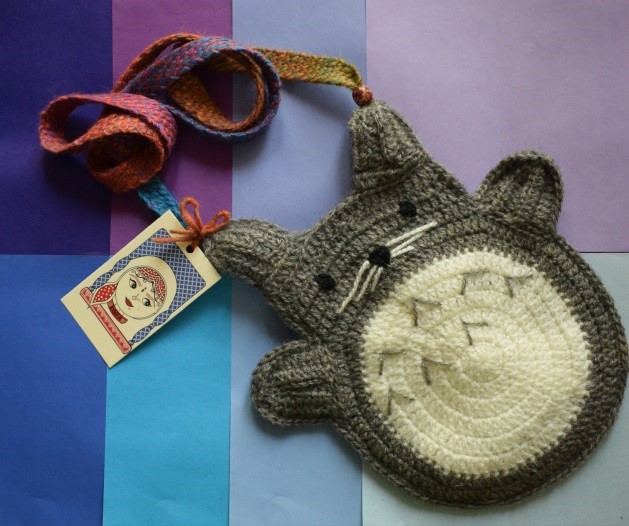In the heart of Uttarakhand, amidst the serene beauty of the Himalayas, a visionary woman entrepreneur has woven a tapestry of change that is as vibrant and resilient as the community she serves. Ridhi, an aspiring entrepreneur from Nainital, aims to create livelihood opportunities for women in rural Uttarakhand through fiber art.
Ridhi’s journey began with a simple dream in high school—to create home-based livelihood opportunities for the women of her state, who were traditionally bound by limited mobility, cultural constraints and are often seen carrying heavy loads of wood and grass from the forest to their home for firewood and fodder. With a spirit fueled by the desire for empowerment and sustainability, she turned to the art of crocheting, a skill passed down from her mother, as the medium for her mission.
As she embarked on this path, she moved to a village near her hometown, imparting her skills to a small group of 20 women. What started with orders from friends and acquaintances soon blossomed into a thriving enterprise, Baini, which means ‘sister’ in Kumaoni, reflecting the bond and solidarity among the women involved. The brand’s logo, a traditional Kumaoni woman peering through a local window frame, pays homage to the ‘ghasiyaris’—the grass-cutting women of the region, symbolizing a commitment to reducing their workload and honouring their contribution to the community.
The entrepreneur’s initiative is deeply rooted in the biodiversity of Uttarakhand, drawing from the rich natural resources and traditional skills of the region. Local communities, especially women, have always been intertwined with their environment, utilizing resources like fruits and wool in their livelihoods. By giving a modern twist to traditional crocheting, Baini not only preserves this heritage but also provides a sustainable income source for women, enabling them to support their education and families.
However, the journey was not without its challenges. Facing market dynamics and gender biases, Ridhi encountered hurdles in local retail and production. Yet, with resilience and a commitment to her values, she established a dedicated shop to showcase her products and those of other women entrepreneurs, ensuring fair trade and ethical practices.
Community engagement is at the heart of Baini. The women involved are not just employees but partners in creativity and innovation. They bring fresh ideas and designs to the table, transforming traditional crafts into contemporary treasures. This collective approach not only empowers them but also ensures the sustainability and authenticity of the products.
The impact of Baini is tangible in the lives of the women it touches. Young girls now have the means to pursue their education and contribute to their households, embodying the transformative power of sustainable livelihoods and defining empowerment. Events and collaborations, both private and government-led, have further amplified their reach, bringing their products to a wider audience and fostering a sense of pride and accomplishment within the community. Additionally, local stores recognize the impact of Baini and women’s empowerment by providing a platform to facilitate sales of their products.
For aspiring entrepreneurs, particularly women in the fields of biodiversity, livelihood, and community upliftment, the message is clear: centering the local community in your endeavors is crucial. It’s about building a business that not only thrives economically but also enriches the social and environmental fabric of the community. Learning a skill and passing it on creates a ripple effect of empowerment and innovation.
Looking ahead, the vision is expansive. By leveraging local resources like wool and enhancing community skills, the entrepreneur aims to create more livelihood opportunities, promoting self-sufficiency and resilience. The potential for growth is immense, with the support of locals and tourists alike, and plans to expand the market through a dedicated outlet for women-led businesses in the region.
This story is more than just an account of entrepreneurship; it’s a testament to the power of ecofeminism in action. It’s about women leading the charge in conservation and sustainable development, creating a legacy of empowerment and environmental stewardship. In the lush landscapes of Uttarakhand, a new narrative is unfolding—one where women are not just participants but leaders in crafting a sustainable and equitable future.




You can follow Baini on Instagram to know more: @bainiuttarakhand
(This article is a part of Aanchal Saxena’s “Voices of Resilience” series.)
(Please note: OICSD neither endorses, nor is responsible for the views expressed in the article. It corresponds to the author.)